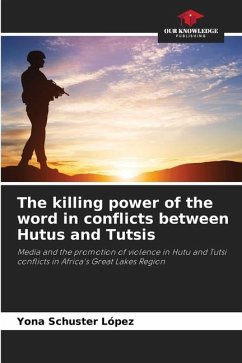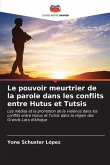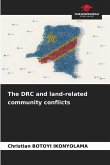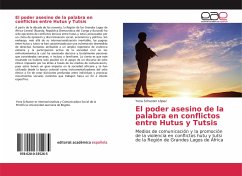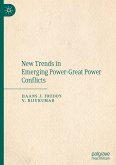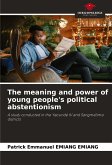Since the 1990s, the Great Lakes Region of Central Africa (Rwanda, Democratic Republic of Congo and Burundi) has been the epicenter of ethnic conflicts between Hutu and Tutsi provoked by a climate of oppression and social, economic and political discrimination. However, beyond their inevitable internationalization, the struggles between Hutu and Tutsi have been characterized by an unconscionable violation of human rights attributable to a wide repertoire of extreme violence and the active participation of civil society in the clashes, which has decisively and brutally killed people they considered close to them, and even family members. The truth is that this outcome would not have been possible without the support of a discourse of ethnic hatred imposed by the elites through the media, which have a great impact on African society and have been used since colonial times as instrumentalizers of ethnic hatred in order to create deep divisions between individuals and provoke violentsocial movements working towards a specific end and interest.
Bitte wählen Sie Ihr Anliegen aus.
Rechnungen
Retourenschein anfordern
Bestellstatus
Storno

